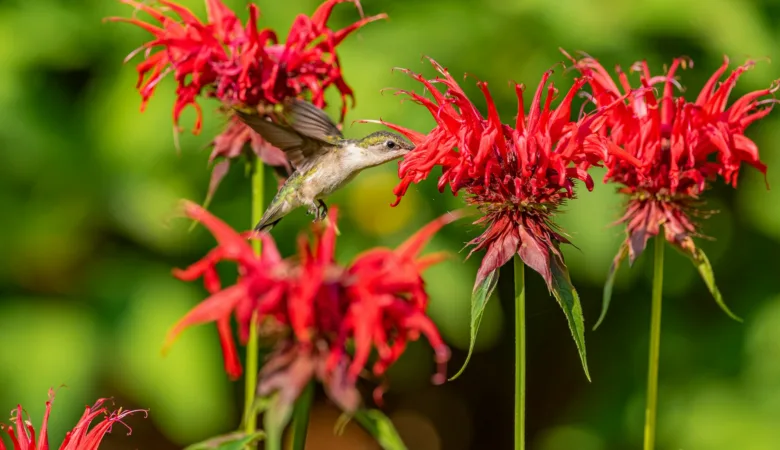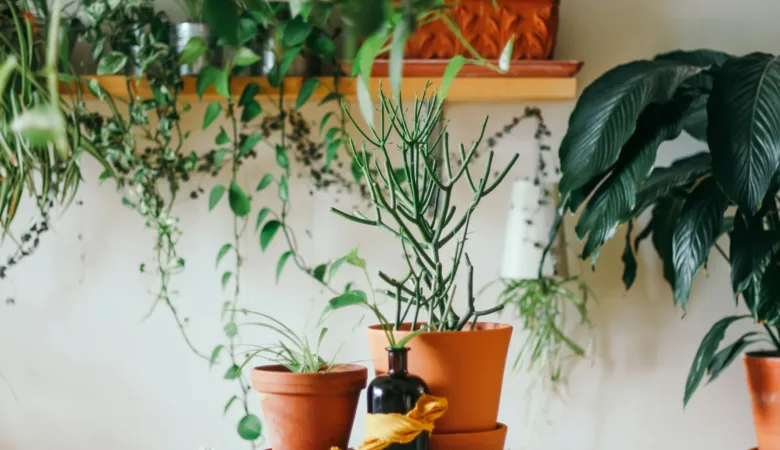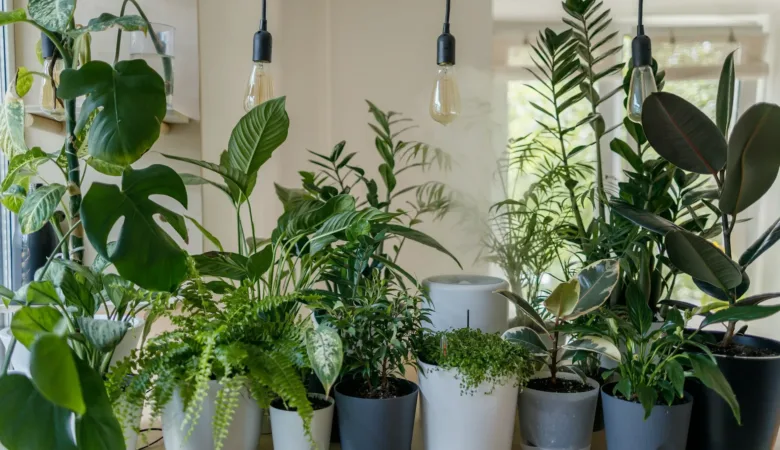Composting is a simple yet powerful way to reduce waste and create a sustainable resource for your garden. By turning food waste and other organic materials into nutrient-rich compost, you can not only help the environment but also improve the health and productivity of your plants. In this article, we will explore the numerous benefits of composting and provide you with some helpful tips on how to get started.
1. Reduces Waste
One of the most significant benefits of composting is its ability to divert organic waste from landfills. Food scraps, yard trimmings, and other biodegradable materials make up a significant portion of our waste stream. By composting these materials, we can reduce the amount of waste that ends up in landfills, where it produces harmful greenhouse gases like methane.
2. Improves Soil Health
Compost is often referred to as “black gold” because of its incredible ability to improve soil health. When added to garden beds or used as a top dressing, compost enriches the soil with essential nutrients, improves soil structure, and enhances water retention. This results in healthier plants with stronger root systems and increased resistance to pests and diseases.
3. Enhances Plant Growth
The nutrients in compost, such as nitrogen, phosphorus, and potassium, are essential for plant growth. These nutrients are released slowly and steadily, providing a consistent source of nourishment for your plants. By incorporating compost into your garden, you can promote vigorous growth, vibrant blooms, and bountiful harvests.
4. Reduces the Need for Chemical Fertilizers
Using compost as a natural fertilizer can reduce or eliminate the need for chemical fertilizers. Chemical fertilizers can be harmful to the environment, contributing to water pollution and disrupting the delicate balance of ecosystems. Compost, on the other hand, is safe, sustainable, and improves the overall health of the soil over time.
5. Saves Money
Composting not only benefits the environment but also your wallet. By creating your own compost, you can save money on commercial fertilizers and soil amendments. Additionally, compost can help retain moisture in the soil, reducing the need for frequent watering and saving you money on your water bill.
How to Start Composting
Now that you know the benefits of composting, here are some simple steps to help you get started:
1. Choose a Composting Method
There are several composting methods to choose from, depending on your space, time, and resources. You can opt for a traditional compost pile, a compost bin, or even a worm composting system (vermicomposting).
2. Collect Organic Materials
Collect organic materials such as fruit and vegetable scraps, coffee grounds, eggshells, yard trimmings, and leaves. Avoid adding meat, dairy products, and oily foods, as they can attract pests and slow down the composting process.
3. Build Your Compost Pile
If you’re using a compost pile, alternate layers of organic materials with dry materials like leaves or straw. This helps create the right balance of carbon and nitrogen, which is essential for the composting process.
4. Maintain Your Compost
Regularly turn or mix your compost to provide oxygen and promote decomposition. Keep the compost moist, but not soggy, by watering it occasionally. Avoid adding too much water, as it can cause the pile to become anaerobic and produce unpleasant odors.
5. Harvest and Use Your Compost
After several months, your compost will transform into dark, crumbly, earthy-smelling humus. Use it to enrich your garden soil, top-dress your plants, or make compost tea for a nutrient boost.
Composting is a rewarding and environmentally-friendly practice that anyone can do. By turning food waste into a sustainable resource, you can contribute to a healthier planet while reaping the benefits of nutrient-rich soil. Start composting today and see the positive impact it can have on your garden and the world around you.














Leave a Reply